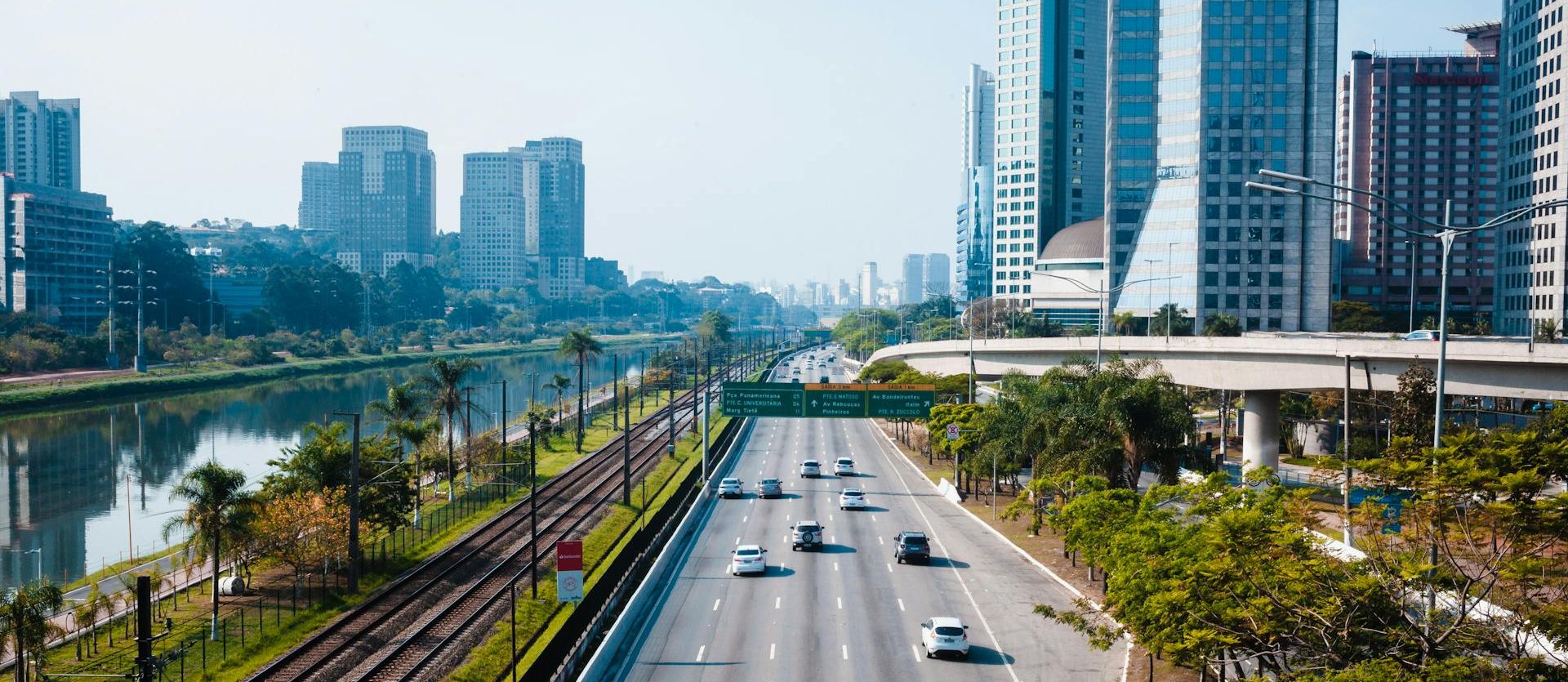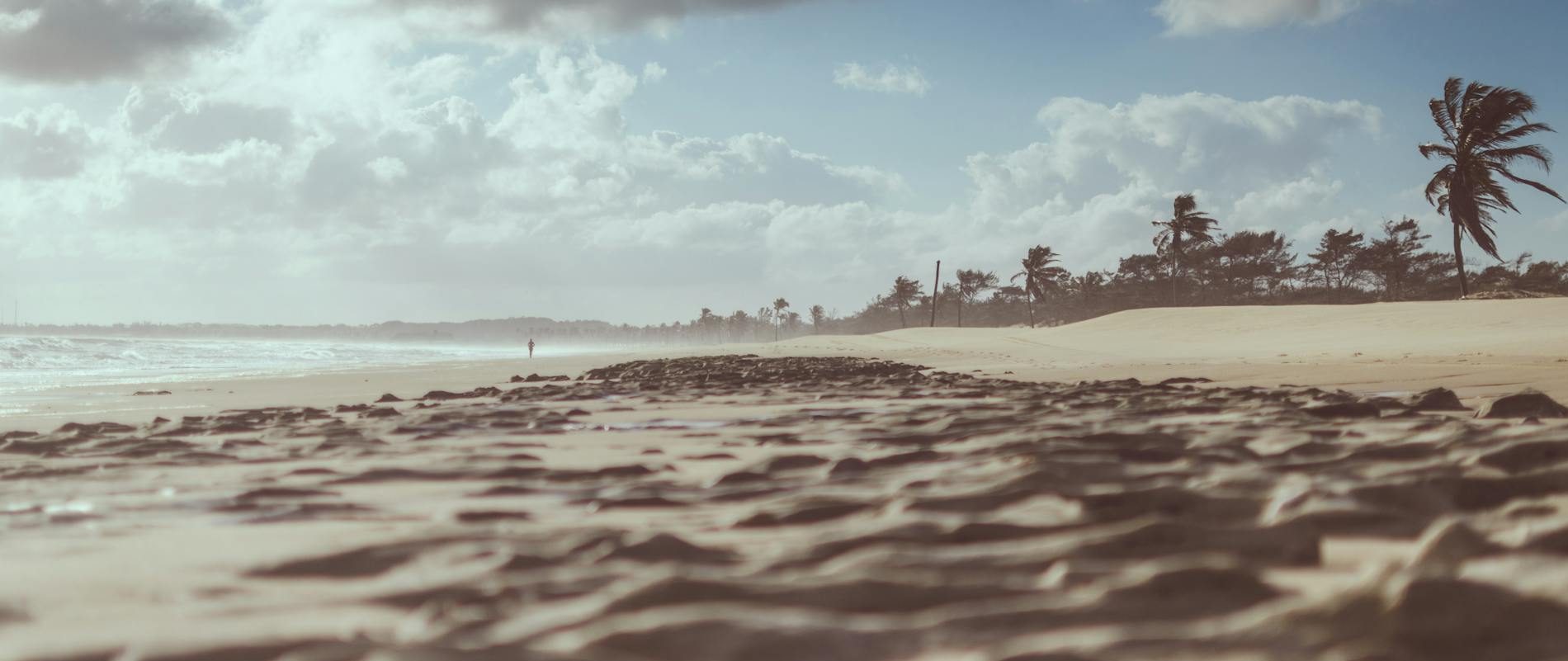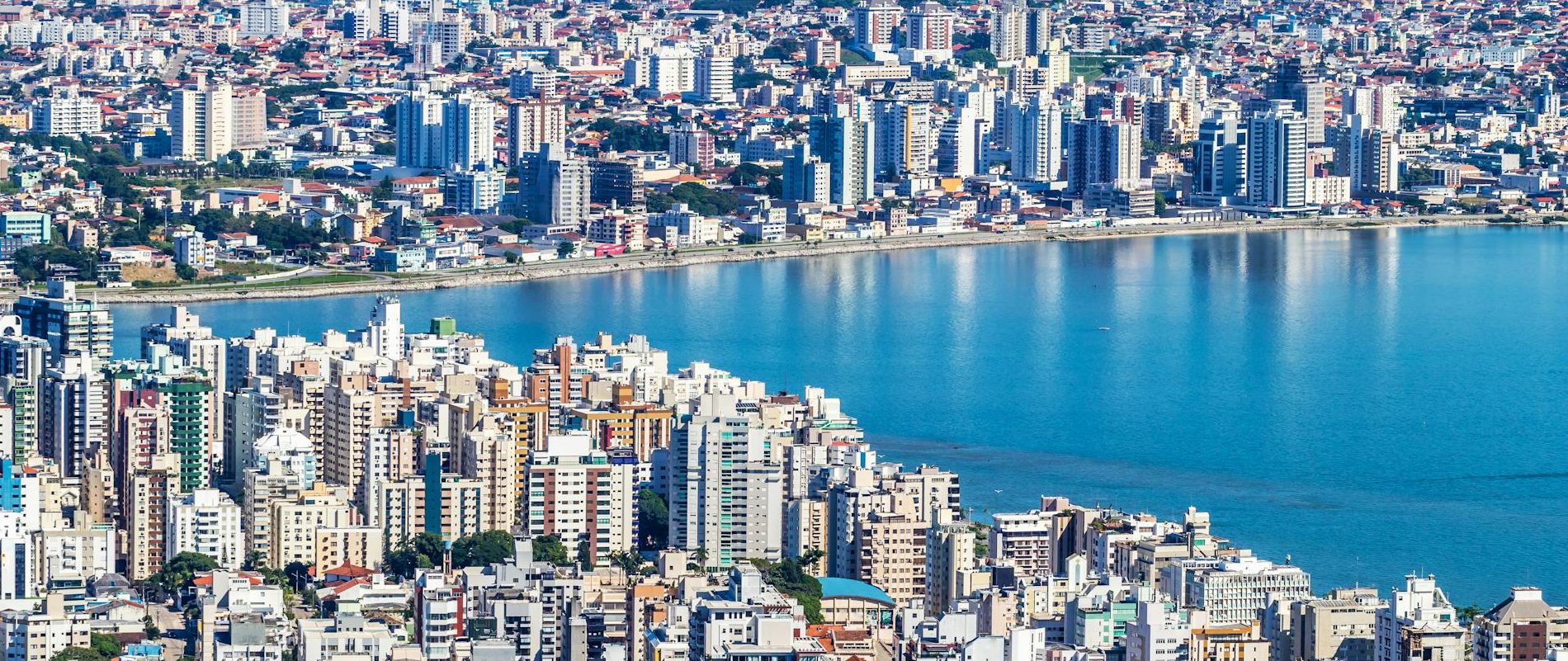
Brazil is a federative republic composed of 26 states and one federal district. It’s the world’s fifth-largest country by area and the seventh most populous. Its capital is Brasília, and its most-known cities are Rio de Janeiro and São Paulo. The 8.51 million km² territory hints there’s so much to see here, and we want to tell you about one of the best ways to get to know every part of the map, whether you’re a visitor, travelling for work or intending to move here. Car trips are loved by some and hated by many. But why would that might be? After reading the lessons and tips we shared in this article, you can make up for yourself and perhaps join the first group we mentioned. But first, you must acquire a Brazilian driver’s license.
The permission to drive a vehicle regularly in the country of visit or stay is essential in many cases. In Brazil, you can use your UK license to drive, for example, but only if you have an IDP (International Driving Permit) with you. The same applies to Brazilian driver’s license holders visiting the UK. But remember, you must carry your original UK license with the IDP. You can get an IDP in your country to prepare beforehand.
After 180 days of stay in Brazil, you must obtain CNH for foreigners, which includes taking the same exams and tests the natives or any other person who desires a Brazilian driver’s license. With the conclusion of all these procedures, you still need to present the documents to the transit department, checking the demands to fulfil any remaining process since each transit unit may have a different system.
The Brazilian road network reflects the country’s vast size and varied geography and is crucial in connecting its diverse regions. Their quality varies significantly depending on the area. The Rodovias (Motorways) BR-116 and BR-101 are the longest ones in the country. The BR-116, for example, has 4,542 km (2,822 mi) of extension connecting Fortaleza, Ceará, one of the largest Northeast Brazil metropolises, to the southern city of Jaguarão, Rio Grande do Sul. You could cross it entirely, leaving Fortaleza to end up in Uruguay if you were willing to go on an adventure across borders.
The BR-101, with its 4,800 km (3,000 mi) crosses: Rio Grande do Norte, Paraíba, Pernambuco, Alagoas, Sergipe, Bahia, Espírito Santo, Rio de Janeiro, São Paulo, Paraná, Santa Catarina and Rio Grande do Sul. In total, it connects 12 capitals directly. These are considered two of the most essential Motorways in Brazil.
Generally, motorways in the Southeast and South regions are better maintained and offer smoother driving conditions. However, in more remote areas, particularly in the North and Northeast, roads can be less developed, with many unpaved or in poor condition due to harsh weather and lack of resources.
Petrol:
Petrol prices in Brazil can vary significantly between different states and regions due to transportation costs and state-level taxes. Additionally, Brazil uses a mix of pure ethanol (known as “álcool”) and petrol-ethanol blends, which can affect prices and availability. Prices can fluctuate based on international oil prices and domestic policy decisions.
Taxes:
IPVA (Vehicle Ownership Tax): This annual tax varies by state and the vehicle’s value. It is mandatory for all vehicle owners.
Licencing and Registration Fees:
Drivers must pay fees for vehicle registration and issuing the driving license (CNH).
Tolls:
Many motorways are tolled, especially those in better condition and within the most developed regions. Rates vary depending on the stretch of road and the type of vehicle.
Laws:
Brazil requires drivers to hold a Carteira Nacional de Habilitação (CNH), a Brazilian Driver’s License, or a valid foreign driving license with an official Portuguese translation. As we mentioned before, an international driving permit (IDP) is often recommended for foreign drivers.
Traffic Regulations:
Brazil follows road rules similar to those of other countries, including mandatory seatbelt use, prohibitions on drinking and driving (Brazil has a zero-tolerance policy for drinking and driving), and speed limits that vary by location and type of road.
Insurance:
While compulsory third-party insurance (DPVAT) is required for all vehicles, additional insurance coverage is optional but recommended due to the high number of thefts and accidents.
Safety and Compliance: Vehicles are required to undergo regular inspections to ensure they meet safety and environmental standards. The frequency and requirements can vary by state.
After so many steps, it’s understandable that some opt for alternatives that don’t involve much trouble, like public transport, taxis, and Uber. But it is worth the effort if you are more introspective or prefer to hold more control regarding your mobility.
The risks associated with driving in Brazil aren’t necessarily so different from driving in other countries. While here, you must be preoccupied with thinking ahead at all times. It feels like playing a game where you’ll have to guess what the drivers around you are planning to do for each one of your movements. Since signalling and rules do not always mean something to some people. I’m trying to say that being a great driver can help you, but others around you might make your life harder by simply wanting to run away from a line of cars, a red sign or a busy street. Letting these frustrating, factual events take their ability to think through before deciding while driving.
Speed Limits:
We have radar everywhere, and they are getting more and more technological. For example, if you try to speed after passing by the cameras, some of them can measure how long it’d take to cross between two radars without exceeding your speed limit. Beyond possibly causing an accident, you’d still get a ticket, no matter how clever you might think your game is. Do not accelerate too much after the traffic lights change, and keep a reasonable distance between cars to avoid silly incidents like hitting the back of someone’s car.
Keep Your Eye in the Rear View Mirror
Pedestrians, motorcycles and other cars wanting to pass you will flash their lights or turn on their left indicator. Pulling over to a right-hand lane is considered a common courtesy when someone wants to pass you.
The Motorcycles:
The number of motorcycles has increased as people look for alternatives to save petrol, find parking spots, and cut their way in traffic. And Brazil has a unique high number of them. They will teeter between lanes of traffic to get to their destination faster. Some of them are delivery drivers and will fly by you as if you were standing still. Be aware of them before changing lanes, and always signal your intention to change lanes so they won’t crash into you. The last thing you want is to get involved in an accident just because you didn’t activate your turn signal.
Respect the Rotation Law:
Aiming to reduce the traffic and improve mobility, in 1997 it was created the rotation law in São Paulo. Selected by the plate and specific days a driver can use their car. The last numerical digit of the vehicle plate defines the rotation day for each plate. The rotation is applied from Monday to Friday, excluding holidays, from 7 am to 10 am and 5 pm to 8 pm. These rules are used in two distinct parts of the city: Maximum Circulation Restriction and Truck Traffic Restriction Zone. Example:
Thursdays: Plates ending in 7 and 8
Friday: Plates ending in 9 and 0
Alcohol and Direction Will Never Go Together
To pass a breathalyzer test, your blood alcohol limit has to be below 0.03. It does not matter the reason. If you get caught over the legal limits, you’ll be held accountable and, in worst-case scenarios, go to prison.
The GPS Can Act Against You Sometimes
Look closer and get to know the names of the streets and neighbourhoods. While thinking that the fastest route is the best to follow, it might be better to consider whether it is also the safest. That’s why we always advise tourists and expats to travel by public transportation, especially buses, so they can be familiarised with their most common paths. So, when using a GPS device, be attentive if the route is taking a different direction than it should.
Turning Right On a Read is Illegal in Brazil
Even though you can do this in other countries, turning right in red is illegal in Brazil. People are not expecting that, so avoid accidents.
The Gesture Language
Not always, signalling happens through the car lights. Some people intending to change lanes will wave their hands up and down, meaning they are asking you to allow them to go through.
In conclusion, driving in Brazil is an adventure. You can make all your journeys memorable and trouble-free by staying informed about the crucial steps, from moving on Brazilian roads to relocating to Brazil. Let the second one be with us. Trust VanOne International Movers to do a perfect job of making sure your belongings arrive at their new home perfectly.
Remember, while the freedom of the open road can be enticing, respect for the local rules and awareness of your surroundings are essential to successfully navigating Brazil’s diverse terrain. With the proper preparation and mindset, no adventure is too daunting.
 What is the Communication Style in Brazil?
What is the Communication Style in Brazil?What is the Communication Style in Brazil? Moving to Brazil is exciting, but understanding the local communication style…
 What is Expat Guilt? Emotional Challenges of Living Abroad
What is Expat Guilt? Emotional Challenges of Living AbroadWhat is Expat Guilt? Emotional Challenges of Living Abroad Moving to Brazil from the UK y is a…
 Best Paid Jobs in Brazil: A Dive Into the Popular Professions
Best Paid Jobs in Brazil: A Dive Into the Popular ProfessionsBest Paid Jobs in Brazil: A Dive into The Popular Professions Welcome to our dive into Brazil's job…
 World of Brazilian Education: A Journey Through Learning and Culture
World of Brazilian Education: A Journey Through Learning and CultureWorld of Brazilian Education: A Journey Through Learning and Culture First things first, let's chat about the basics.…